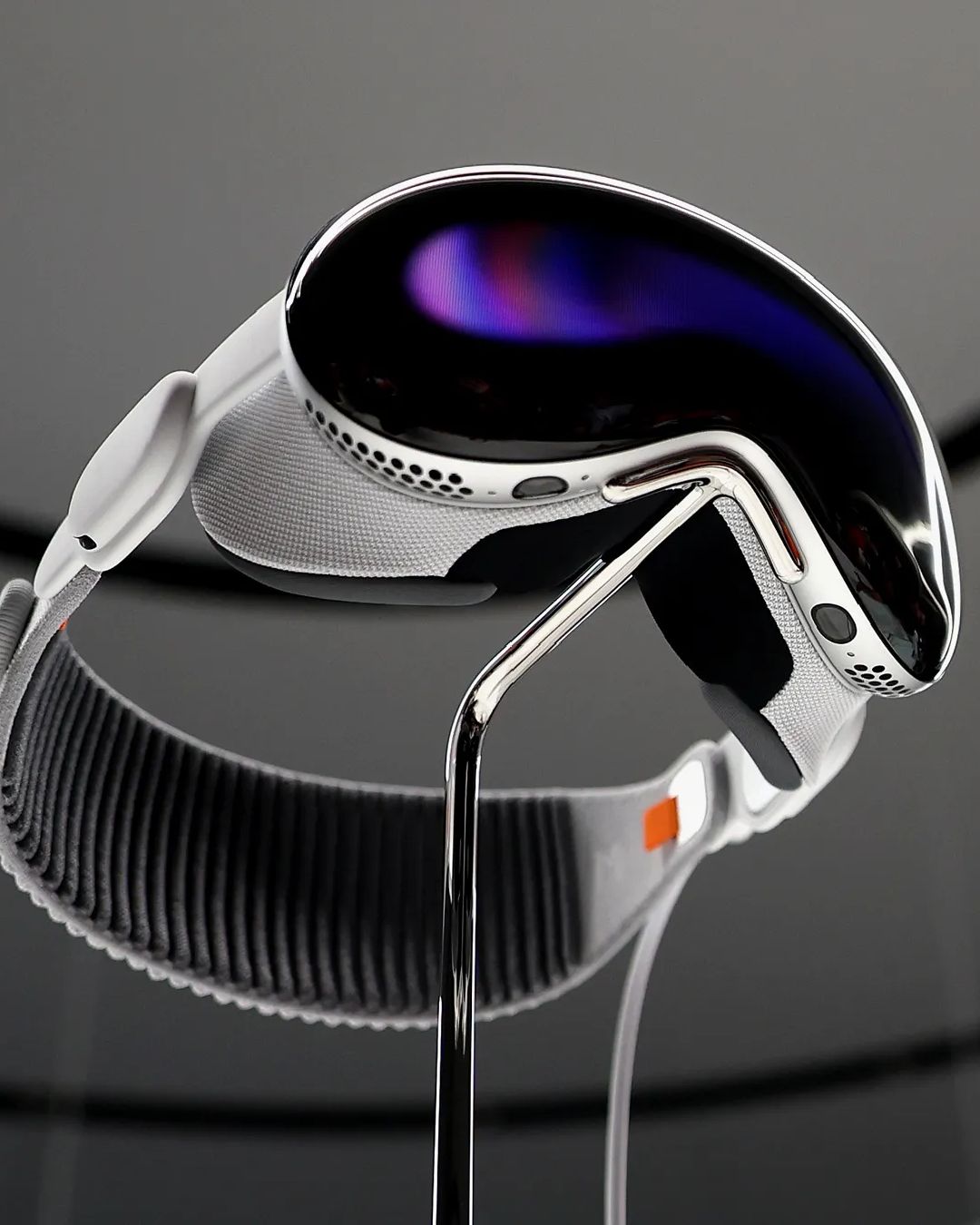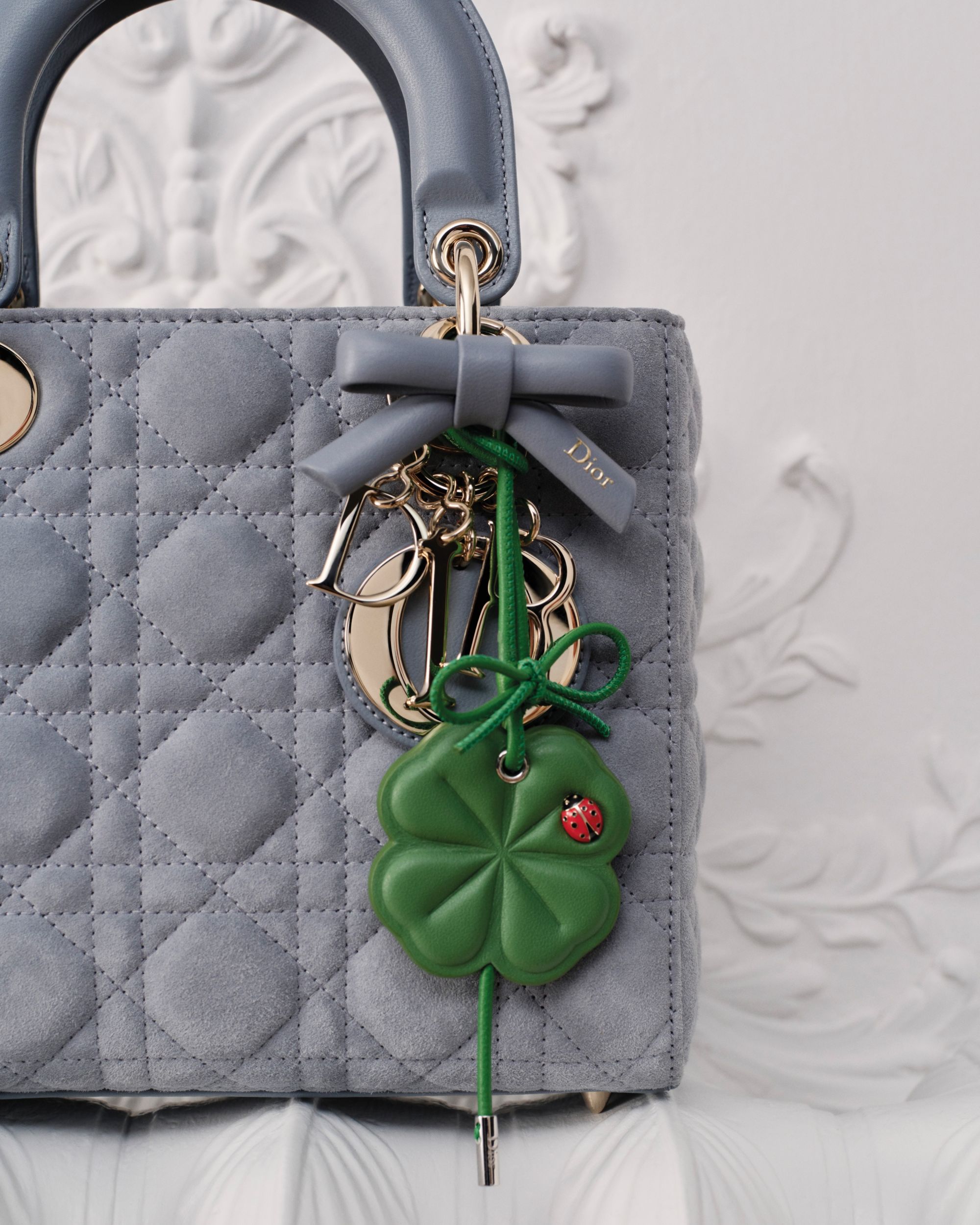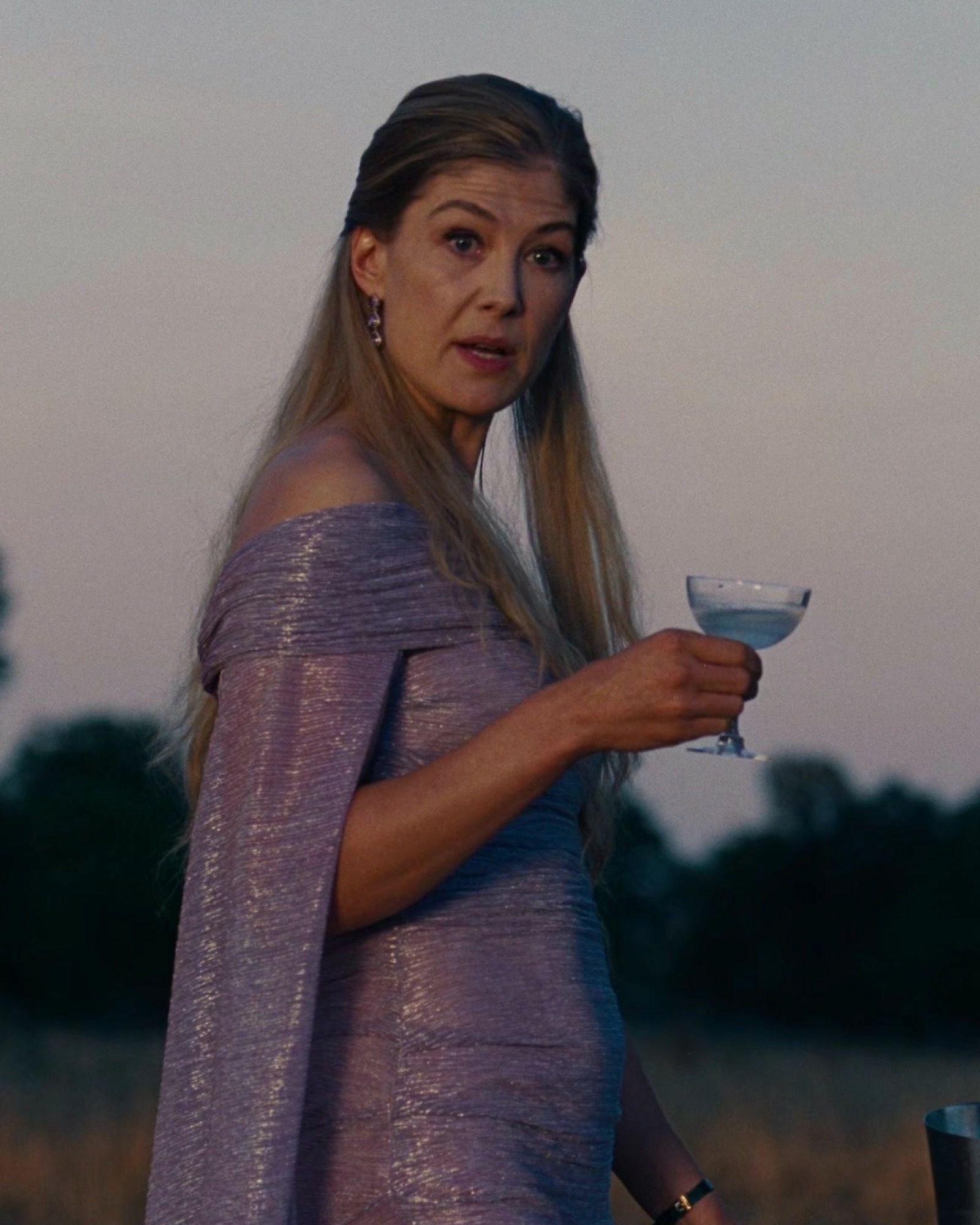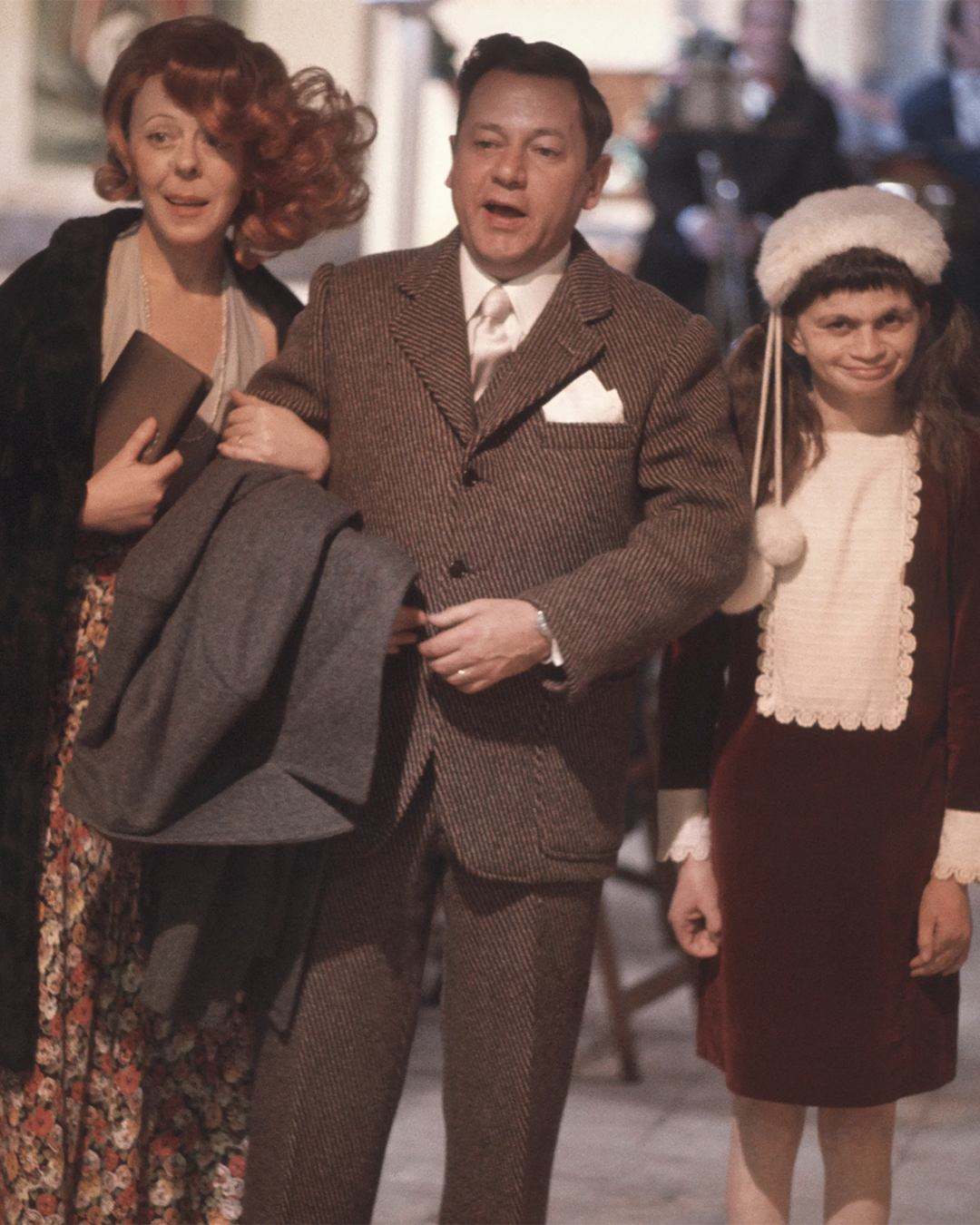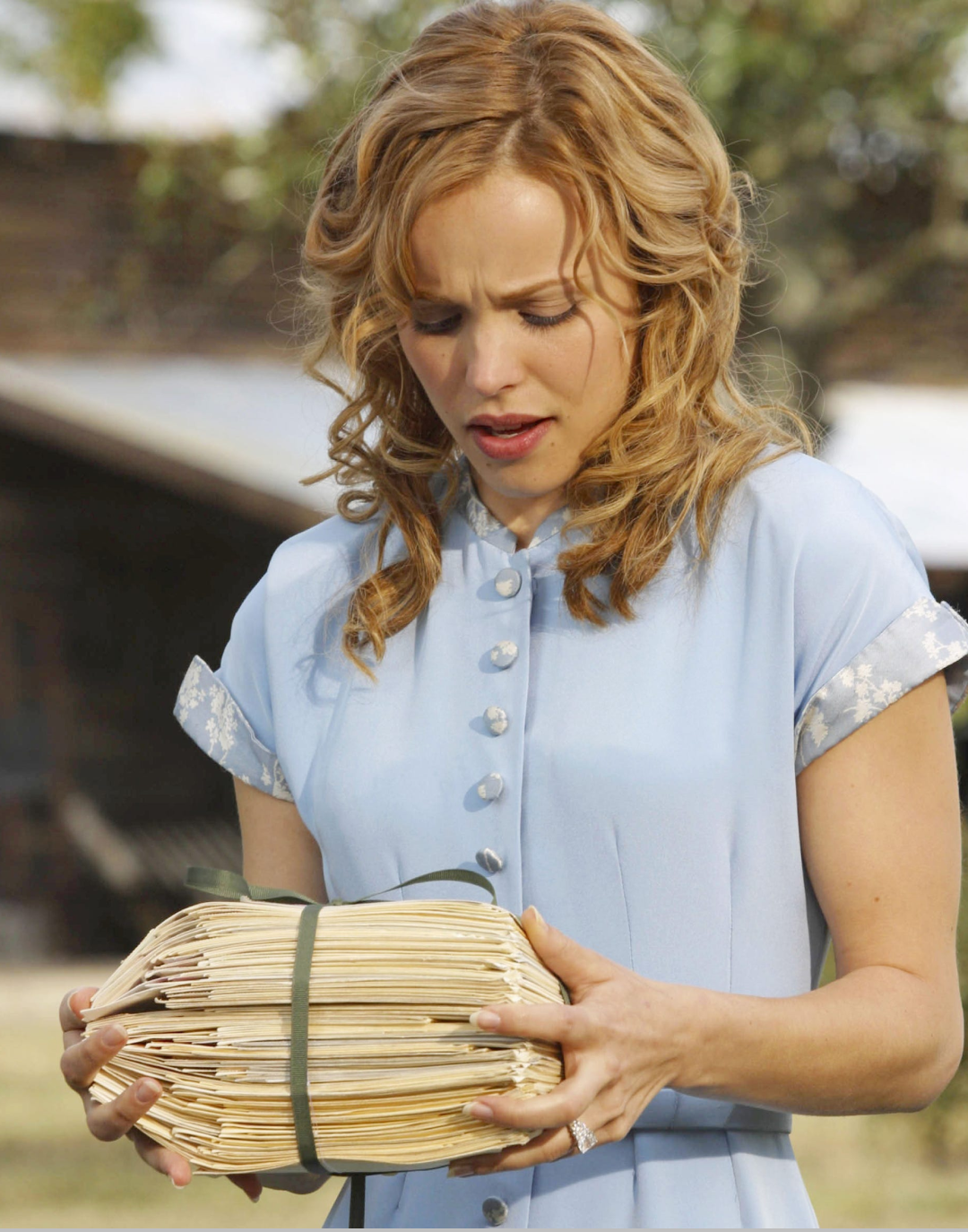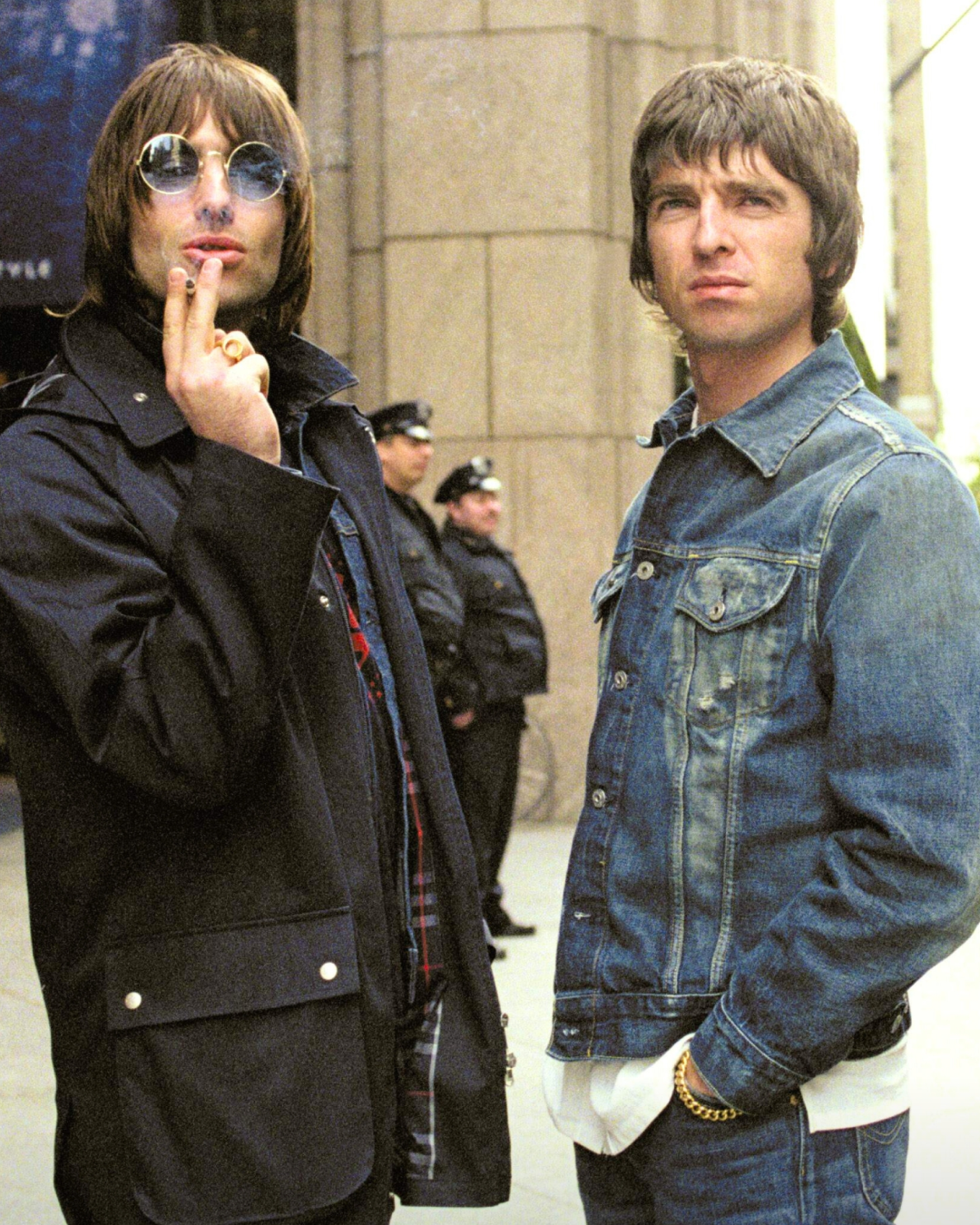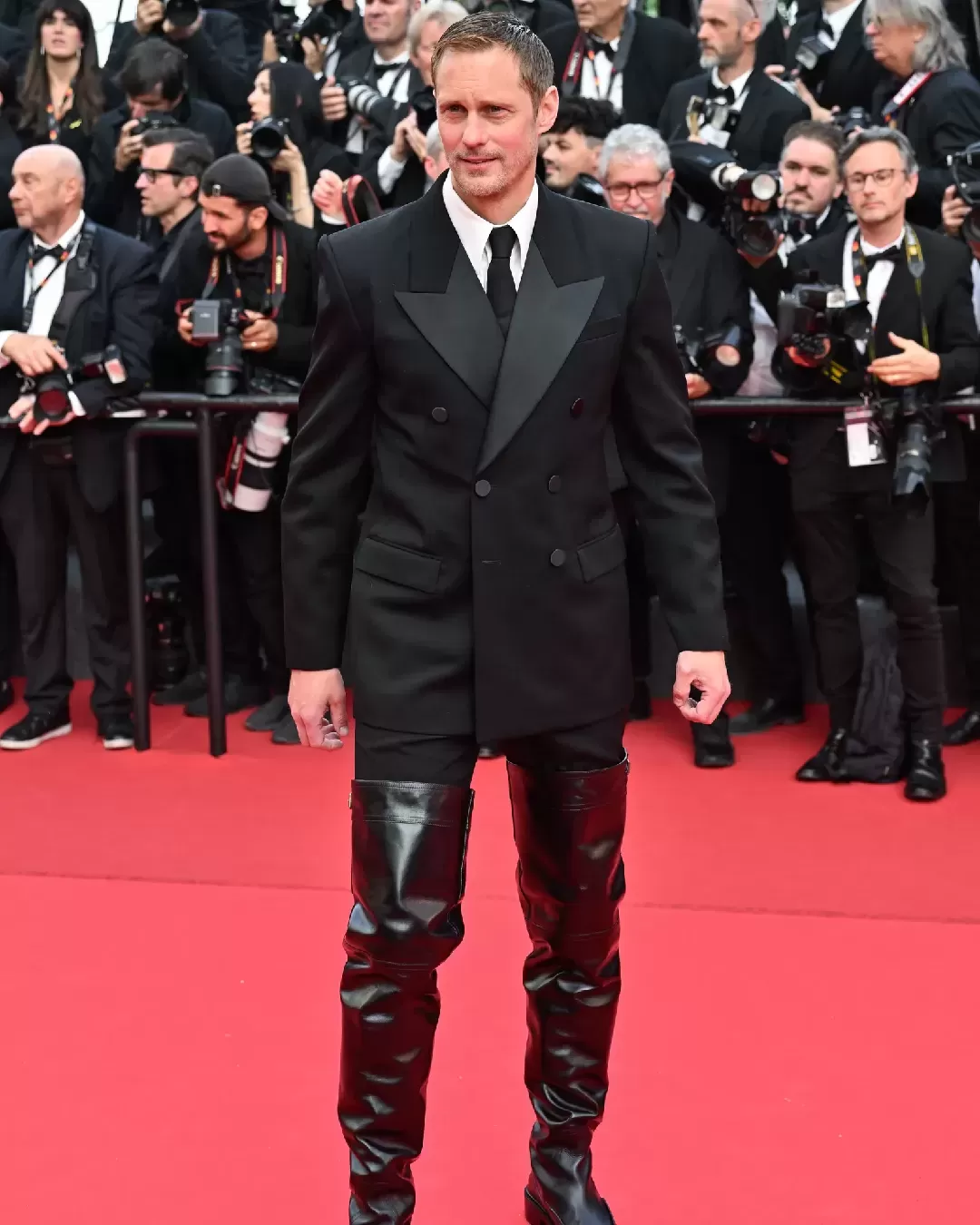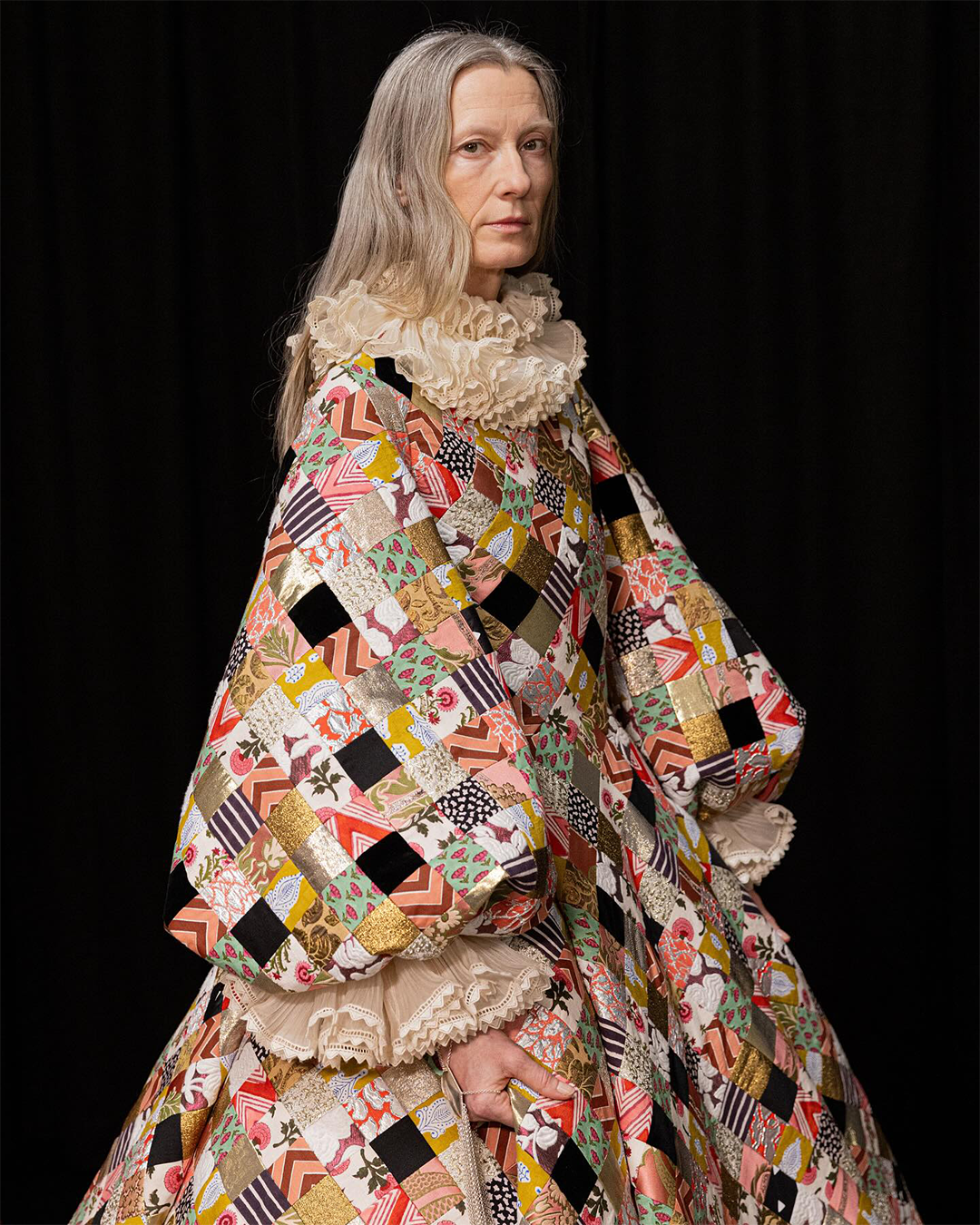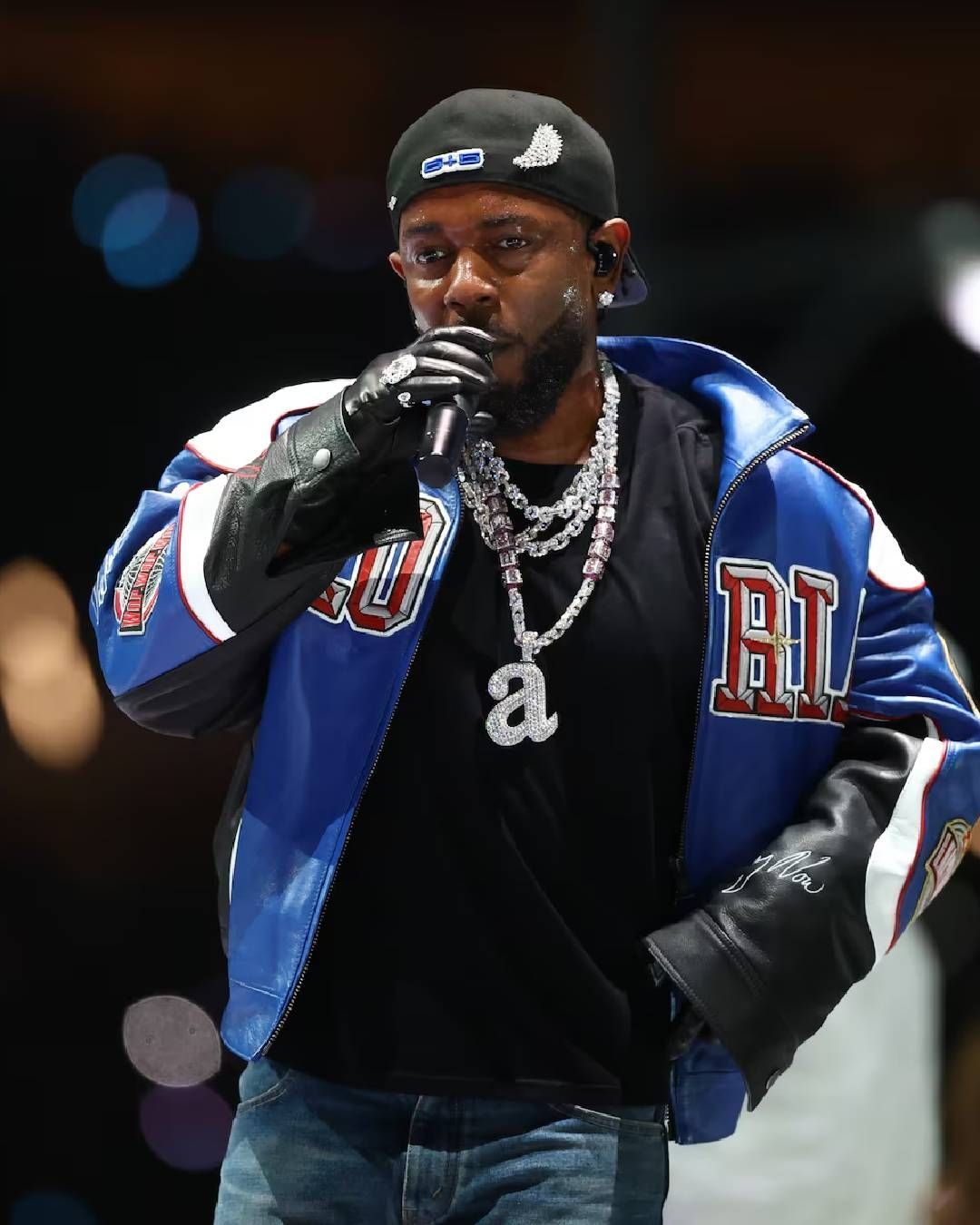
Ralph Lauren. 50 years between preppy and hip-hop The full story of how the American brand became the symbol of the Lo-Life movement
Among the shows of the NYFW one above all it is interesting to analyze: that of Ralph Lauren, which with the Ready To Wear Spring Summer 2019 celebrates 50 years of its brand.
It is not the celebrated goal that catches our attention, it is not the longevity of the brand, but its history, the path taken over the years, which seems confirmed once again with this latest collection, and the fate that inevitably "run into" Ralph Lauren.
Native Jew, raised in the Bronx, Ralph Lauren changed his name and gave life to his brand, even though he did not have the slightest idea of what it meant to draw a garment or even make it. He knew well what he wanted: creating a brand for good people, for the American family: blonde, rich and happy. Although he probably never played polo, Ralph decided to name his brand, already wanting to aim high, identifying his work with his ideal customer, the one he aspired to.
Something in his plans went fortunately or unfortunately wrong. Not only he was able to capture the audience he wanted, but the aspirational nature of the brand - the dream he told - impress the young African-American guys who animated the ghettos. The hip-hop culture, found in Polo its favorite brand, that brand that allowed to fully express their identity even if it was not created exactly for them. The use and the different combinations that were made in the streets, expressed at the same time the will to be better and the desire to revolutionize the existing schemes. Hip-hop chose Ralph, quickly increasing its popularity and sales. Probably sales is not exactly the most correct term to describe the trend. In fact, in the 80s we witnessed the rise of one of the most interesting subcultures of the last decades: the Lo-Life.
Two different crews based in Brooklyn whose distinctive feature was to dress up entirely Polo. From socks to hats, everything had to match and show the iconic little horses, crowns or bears. The more Polo garments you wore the better it was.
The name Lo-Life comes from Thirthin's girlfriend - one of the founders of the movement - who, seeing her man take the number of a girl, exclaimed: "That's some lowlife shit".
The Lo-Life movement had an exceptional strength in increasing the popularity of Polo and Polo Sport: all the rappers -and not only- were attracted by the bright colors of the brand, by the maxi logo, by the possibility of invert the meanings that those items had. Owning those items was the only thing that mattered. For this reason the various Barneys, Saks Fifith Avenue and the Polo stores were periodically looted. The stolen goods were then worn or resold, and the parallel market that was going to be created was huge.
Ralph Lauren probably was not particularly exited about what was happening on the streets, but he certainly recognized that this was making his brand an icon. It was from his not taking a position on the matter that brand like FUBU (For Us By Us) were born, combining the teacher's lessons to the enhancement of hip-hop culture and the centrality of the African American population. Polo is in the history of hip-hop one of the most cited brands in the song lyrics; also the new generation captained by Kanye West - who is credited for bringing back the brand at the time of College Dropout - didn't resist its charm and exclaims "Thank you Ralph".
Almost thirty years later, Ralph seems - though without ever admitting it - learn the lesson.
The re-launch of the '92 Stadium Series and the Snow Beach, testify, together with the last SS19 show, that Ralph Lauren can't live without his two components, the preppy and the hip-hop one.




